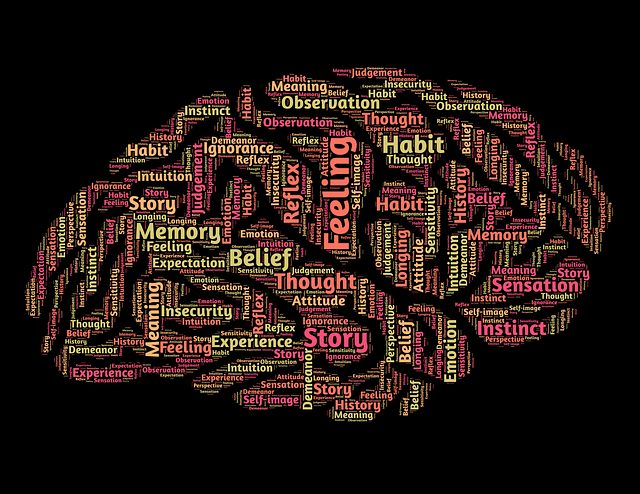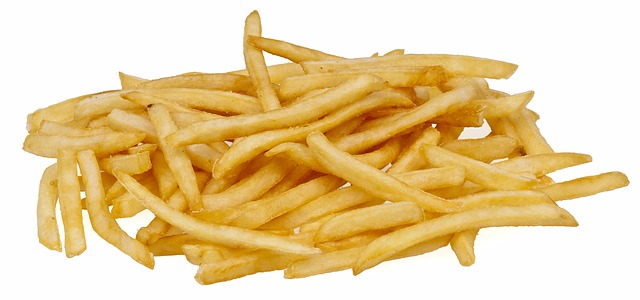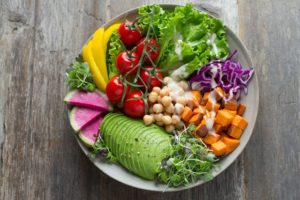
Despite a multi-billion dollar health industry, we’re all getting less healthy and fatter. In my job as an in-house science editor for one of the top brain-science journals, it has become clear that the majority of approaches that encourage people to eat less junk and lose weight miss the point, big time.
Pretty much all these lifestyle approaches and diets rely on willpower to resist bad foods and embrace good ones. But willpower is a finite resource and never sustainable in the long term and when chocolate cake is on offer, we’re more likely – eventually – to give in.
What these diets overlook is that we have an incredibly powerful emotion at our disposal: disgust [bear with me on this!]. This emotion is super-powerful (it is what evolution has given us to save us from eating gone-off food that might kill us).
It is also highly suggestible. Not sure what I mean? Check out the legendary Tony Robbins put a guy off his favourite food – pizza – for life by connecting it with the emotion of disgust.
If we can really engage disgust in the way we view junk food, it can help us to resist it easily – without willpower. You don’t need any willpower to resist food that you find icky or ewww, do you?!
But first, let’s explore why we eat and how hunger and satiety work: the appestat, our pleasure centres in the brain, and finally, disgust.
Why don’t we eat all day?
Think about it. You have access to food all the time, but you don’t spend your entire day eating. And why is it so difficult to stop eating cookies? The answer to both these questions lies in the fact that it’s your brain that controls how much you want to eat. If we can manage our brain’s desire to eat more, the weight loss will take care of itself.
The Appestat

There is a specific area of your brain – often called the ‘appestat’ that is a bit like a thermostat in your home that keeps it at a nice even temperature, but this one keeps your body weight stable.
The appestat (or hypothalamus, to give it it’s technical name) is constantly monitoring the macronutrients in the food you’ve eaten (that is, carbs, fat, protein) and comparing this with signals from fat stores (leptin) and blood sugar levels.
If the appestat detects that you haven’t eaten for a while and need food, it will kick in your appetite. Conversely, if you have just eaten a large meal, your appestat triggers a ‘full’ feeling – you feel satiated, and have a desire to stop eating.
If the appestat is allowed to work properly, we stay healthy and at a normal weight.
That all sounds great, right?
And this brings me to my next point – the pitfall that is processed food…
Highly processed food derails our natural ability to regulate our weight
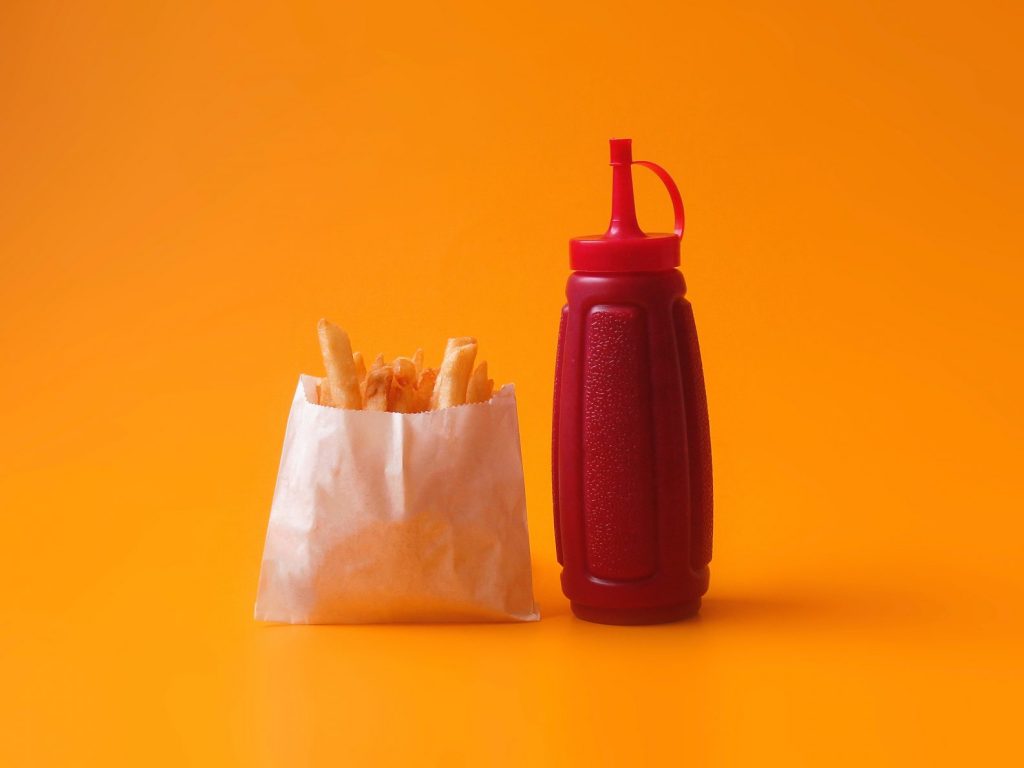
When everything is working properly, your appestat keeps your body weight within a stable range.
Dangerous desserts!
There is another system in our brain that influences how much we eat – our ‘pleasure centre’. When this is triggered, it overrides our appestat and we overeat.
Ever got to the end of a meal and thought “you know? That was delicious and I feel completely full and satisfied”, only for the dessert menu to come around, and waddya know? We can find ‘space’ for pudding. In our house, we joke that we have an extra stomach for chocolate brownie and ice cream…!
Welcome to your pleasure centres
The feeling full bit was your appestat, and overcoming this feeling for the sugar and fat in chocolate brownie – was your pleasure centre coming into play.
The pleasure centres will always win – we’re hard wired that way as humans. But they can be managed (which can help us stay healthy and at a healthy weight) and to do this we need to understand a little bit more about them.
Food addiction?
One important scientific discovery over the past decade or so is that highly processed food, high in sugar, salt and fat, triggers the same part of the brain as drugs like cocaine, albeit to a lesser extent.
What this tells us is that these foods – often referred to as ‘highly palatable’ foods – have somewhat of an addictive quality. This will not come as any surprise for many of us, who have been known to crave something sweet at the end of a meal, or found we could devour half a tube of Pringles in a single sitting… or is that just me?
It’s not your fault
But, processed food, which has been literally engineered to make you eat as much as possible. Large companies need to make money, and if they happen to make food, then they will create food that will encourage consumers to buy as much as possible – that is, they make it sweet or salty, blissful and moreish.
Companies will spend literally hundreds of thousands of dollars on food scientists and marketeers tasked with creating food, packaging and marketing to that we will find irresistible, will view as “treating ourselves” [oh, the irony] and will consume in large amounts on a regular basis.
So it’s not your fault. The top minds in the world are employed to get you to overeat.
Willpower is a finite resource
If a person is addicted to something, it then needs *willpower* to resist that thing. And willpower is a finite resource – we run out of it. Every time we say ‘no’ to ourselves, it is an active decision, exhausting, and in the end we say ‘oh, sod it’ and give in.
In a nutshell..

What we’ve learned so far is that our brain is perfectly capable of regulating how much we eat and keeping our body weight low, but that the sugary, fatty and salty foods – that taste so moreish – override our natural feelings of satiation and encourage us to overeat and gain weight. Thisis what we need to overcome to help us with losing weight.
Breaking the addiction – harnessing disgust and anger. Ew and Grrr!
As I mentioned in earlier in this post, there is one emotion in our arsenal that trumps food addiction: disgust. Anger is also useful for adding weight to disgust!
We can harness this disgust emotion to put us off eating highly palatable foods (at least some of the time) and help us with maintaining a healthy lifestyle and diet. Personally, this works for me – I eat very little processed food, mostly because I find it disgusting! Yes, really.
Lets power up that disgust! Yay!
Need some motivation to find processed food disgusting? Here are some ideas:
- If you missed the link to the awesome Tony Robbins putting a member of the audience off pizza – his favourite food – by inciting digust and linking it to pizza, here it is again
- Watch ‘Food Inc.’ on Netflix. This shows you just how cynical the food industry is about making money at the expense of our waistline and the environment. High-fructose corn syrup anyone? Ew, no thanks!
- If you are particularly motivated by environmental issues, then watch ‘Cowspiracy’. It’s clearly got an agenda, but the basic facts are indisputable. Grrr!
- Read [or listen on Audible to] Salt, sugar, fat and feel outraged by how we are being manipulated by the corporate food industry’s relentless pursuit of profits in the full knowledge that they are ruining our health. Do we want to be manipulated by the food industry and advertising? Talk to the hand, baby.
- Google ‘processed vegetable oil’ and find out how this cheap, nasty stuff is made by using hexane and other chemicals to extract the oil in a big, ugly factory. Look around that back of any restaurant and you’ll see great drums of this stuff that they use to fry your chips/fries. Any deep-fried stuff you see in supermarkets also uses this cos it’s cheap. Yuck, disgusting!
- Read labels and look at all the disgusting additives that are listed – do you really want to put them in your body? Thanks but no thanks.
- Google the palm-oil scandal and how this is catastrophic for rainforests and orangutans and other wildlife. Watch anything involving David Attenborough to remind you of what we are losing.
- Learn about the labelling loopholes that allow manufacturers to say zero trans fats, when this is not really the case. Do I want to eat something that’s major health risk?
- Vegetable oils [apart from coconut and cocoa butter] are liquid at room temperature so have to be chemically processed to make them solid. They are then heated repeatedly to make our fried food – so are full of reactive oxygen species ready to create inflammation and premature aging when we eat them. Chemically processed greasy fat in my food? Ewww.
- Look at the colours of processed food – it’s all shades of beige. Lifeless, dead food.
- Listen or read to the book “The Inflamed Mind: A radical new approach to depression” by superstar-scientist Prof Edward Bullmore. It goes into detail on how yucky junky foods are messing with your mind [and your immune system – and you really don’t want that!]. Find it on Amazon here.
Let’s fire up that love of colour and freshness!
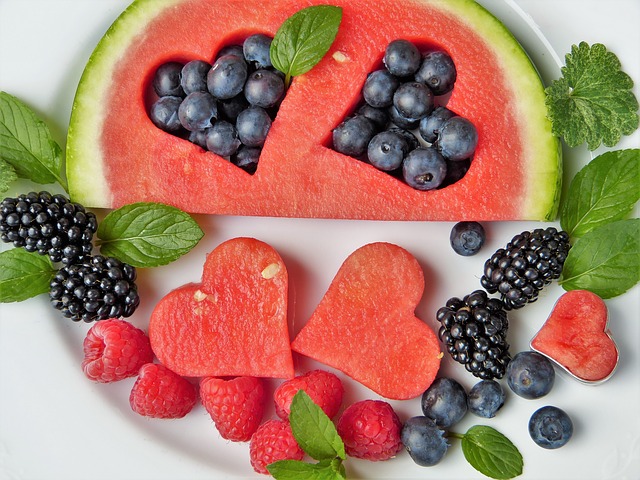
Contrast all that junk with fresh peaches and strawberries! Blueberries and cucumber in a fresh leaf salad! Warm, toasted sourdough with almond butter and banana! Fragrant pesto pasta! Hummus, fresh salad leaves and avocado! OMG – I’m getting hungry…
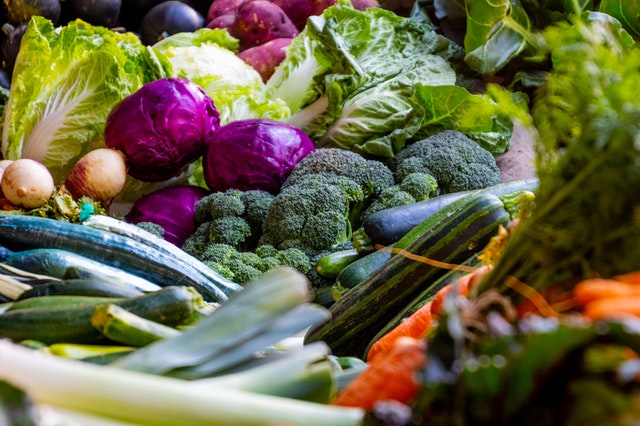
80% eaty 20% treaty
Processed food is a reality of modern life and we’re surrounded by it. A pragmatic way of managing real life is to work according to the 80:20 rule. 80% whole foods, 20% processed/junk. Hopefully, after reading this article, you will even choose your ‘junk food’ and sweet treats more carefully, as I do these days.
Happy eating!



